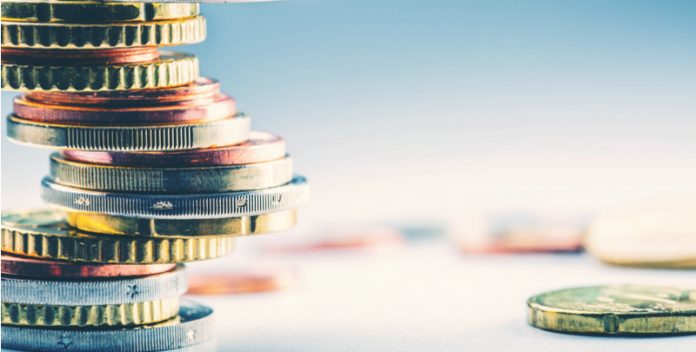The main event pencilled in for the pound had been the Queen’s Speech on Wednesday. However, instead, an unexpected turn from the Bank of England (BoE) drove the pound sharply higher versus the euro.
The BoE’s Chief Economist, Andy Haldane, said in a speech that interest rates should rise by the end of the year. His comments run contrary to those made by BoE Governor Mark Carney earlier in the week, who stated that now isn’t a good time for a rate hike. Over the past four years, the views of Haldane and Carney have generally agreed, but the difference today highlights the growing unease the central bank has towards the UK’s 2.9% inflation rate. Haldane’s comments also come shortly after the surprise split vote in the BoE Monetary Policy Committee (MPC), where 3 of the 8 members voted for an interest rate increase. Andy Haldane’s speech contributed to hopes of an interest rate rise sooner rather than later, which pushed the pound northwards.
| Why do raised interest rates boost a currency’s value? |
|---|
| Interest rates are key to understanding exchange rate movements. Those who have large sums of money to invest want the highest return on their investments. Higher interest rate environments tend to offer higher yields. So, if the interest rate or at least the interest rate expectation of a country is relatively higher compared to another, then it attracts more foreign capital investment. Large corporations and investors need local currency to invest. More local currency used then boosts the demand of that currency, pushing the value higher. |
Following the news, the pound jumped 0.5% versus the euro, taking the exchange rate to a high of €1.1401. Yet the pound was unable to maintain its rally and has since wiped out almost all the gains dropping back to €1.1347.
| What do these figures mean? |
|---|
|
When measuring the value of a pair of currencies, one set equals 1 unit and the other shows the current equivalent. As the market moves, the amount will vary from minute to minute. For example, it could be written: 1 GBP = 1.13990 EUR Here, £1 is equivalent to approximately €1.14. This specifically measures the pound’s worth against the euro. If the euro amount increases in this pairing, it’s positive for the pound. Or, if you were looking at it the other way around: 1 EUR = 0.87271 GBP In this example, €1 is equivalent to approximately £0.87. This measures the euro’s worth versus the British pound. If the sterling number gets larger, it’s good news for the euro. |
Concerns over Theresa May’s future as Prime Minister could make further losses for the pound a reality. There hasn’t been any discernible progress in talks with Northern Ireland’s Democratic Unionist Party (DUP), and the market is starting to fear a minority government. Furthermore, another of Theresa May’s top advisors, John Godfrey, also quit. Which may mean that Theresa May is hanging onto power by a mere thread.
| How does political stability boost a currency? |
|---|
| Political stability boosts both consumer and business confidence, which means corporations and regular households alike are more likely to spend money. The increased spending, in turn, then boosts the economy. Foreign investors prefer to invest their money in politically stable countries as well as those with strong economies. For foreign investors to put their money into an economy, they need local currency. As they acquire the money needed, the demand for that particular currency increases, which then boosts its value. |
ECB’S economic bulletin eagerly awaited
The euro was enjoying a more buoyant day against most of its major peers. After a very quiet week so far, investors can finally look forward to some economic data today. First up is the Economic bulletin, which provides details on the current economic conditions in the eurozone and provides projections of economic indicators such as growth and inflation. Investors will be particularly keen to see inflation projections for the eurozone, which could provide a clue as to whether the ECB will be looking to raise interest rates soon. Later in the morning consumer confidence will come under the spotlight. But as this is a preliminary reading, its impact could be limited.
|
This article was initially published on TransferWise.com from the same author. The content at Currency Live is the sole opinion of the authors and in no way reflects the views of TransferWise Inc. |





